How to Choose the Right Home Inspector in Jacksonville?
When buying a home in Jacksonville, one of the most crucial steps is finding a qualified home inspector who can thoroughly evaluate your potential new property. With numerous home Inspectors in Jacksonville offering their services, making the right choice can feel overwhelming. This comprehensive guide will walk you through everything you need to know about selecting a home inspector who will help you make an informed decision about your investment.
Why a Home Inspection Matters
A home inspection is more than just a box to check in your home-buying process – it’s your first defense against potentially costly surprises. Think of it as a complete physical examination of your future home, revealing visible and hidden issues that could affect your decision to purchase or your negotiating position.
The Stakes Are High
Florida’s unique climate presents specific challenges for homeowners. From hurricane preparedness to moisture-related issues, a thorough inspection can uncover problems that might not be apparent during a casual walkthrough. Missing these issues could cost you thousands of dollars in repairs.
Essential Qualifications to Look For
Licensing and Certification
Home inspectors must be licensed in Florida by the Department of Business and Professional Regulation (DBPR). However, the bare minimum should be something other than your standard. Look for inspectors who go above and beyond with additional certifications and continued education.
Experience Matters
While newly licensed inspectors can be competent, there’s no substitute for experience, especially in Jacksonville’s unique housing market. An inspector with several years of experience will:
- Be familiar with local building codes and requirements
- Understand common issues in Jacksonville homes
- I have seen various types of construction methods and materials
- Know how to spot potential problems specific to our climate
Professional Affiliations
Membership in professional organizations often indicates a commitment to staying current with industry standards. Look for inspectors who belong to organizations such as:
- International Association of Certified Home Inspectors (InterNACHI)
- American Society of Home Inspectors (ASHI)
- Florida Association of Building Inspectors (FABI)
What Should the Inspection Cover?
Exterior Components
A thorough exterior inspection should include:
- Roof condition and remaining life expectancy
- Foundation integrity
- Drainage systems and grading
- Siding and trim
- Windows and doors
- Driveways and walkways
- Porches and decks
Interior Systems
The interior inspection should examine the following:
- Electrical systems and panels
- Plumbing systems and fixtures
- HVAC systems
- Water heater
- Insulation and ventilation
- Walls, ceilings, and floors
- Windows and doors from the inside
Special Considerations for Jacksonville Homes
Climate-Related Checks
- Hurricane preparedness features
- Moisture intrusion prevention
- Termite and pest inspection
- Mold assessment
- Air conditioning efficiency
Red Flags to Watch For
In the Inspector’s Background
Be wary of:
- Inability to provide license number
- Lack of insurance coverage
- No references or reviews
- Unwillingness to share sample reports
- Pressure to make immediate decisions
- Significantly lower prices than competitors
During the Inspection Process
Watch out for inspectors who:
- Rush through the inspection
- Don’t allow you to attend the inspection
- Fail to access all areas of the home
- Don’t use proper safety equipment
- Skip essential areas like the roof or crawl space
Questions to Ask Before Hiring
About Their Experience
- How long have you been inspecting homes in Jacksonville?
- How many inspections have you performed?
- What were your previous occupation and relevant experience?
- Do you have experience with homes similar to the one I’m buying?
About Their Process
- How long does a typical inspection take?
- What does your inspection cover?
- Can I attend the inspection?
- When will I receive the report?
- What type of report do you provide?
About Their Business
- Are you fully insured?
- What’s your policy if you miss something significant?
- Do you offer any additional services?
- How do you handle follow-up questions?
Understanding the Inspection Report
What to Expect
A good inspection report should be:
- Clear and easy to understand
- Rich with photographs
- Detailed in descriptions
- Organized by system or area
- Including both current issues and potential future concerns
Priority Levels
Most reports categorize findings into:
- Safety Concerns – Immediate attention required
- Major Defects – Significant repair or replacement needed
- Minor Defects – Minor repairs or maintenance needed
- Maintenance Items – Regular upkeep is required
- Monitor – Items to watch over time
Making the Most of Your Inspection
Before the Inspection
- Research and verify the inspector’s credentials
- Prepare questions about specific concerns
- Ensure all areas of the home are accessible
- Schedule enough time to attend the entire inspection
During the Inspection
- Take notes and photos
- Ask questions about anything unclear
- Pay attention to maintenance advice
- Learn about the home’s systems
After the Inspection
- Review the report thoroughly
- Ask follow-up questions
- Create a priority list for repairs
- Use findings in purchase negotiations
Cost Considerations
Understanding Pricing
The cost of a home inspection should reflect:
- Size of the home
- Age of the property
- Scope of the inspection
- Additional services required
Value vs. Price
Remember that:
- The cheapest option isn’t always the best
- Consider the potential cost of missed issues
- Factor in the value of experience and thoroughness
- Think of it as an investment in your future home
Final Thoughts
Choosing the right home inspector in Jacksonville is crucial in your home-buying journey. Take the time to research, ask questions, and verify credentials. Remember that a thorough inspection now can save you significant money and stress in the future. The right inspector will identify current issues and educate you about your potential new home and its maintenance needs.
The investment in a quality home inspection is minimal compared to the potential cost of unknown problems. By following this guide and doing your due diligence, you’ll be better equipped to find an inspector to help you make an informed decision about your home purchase.

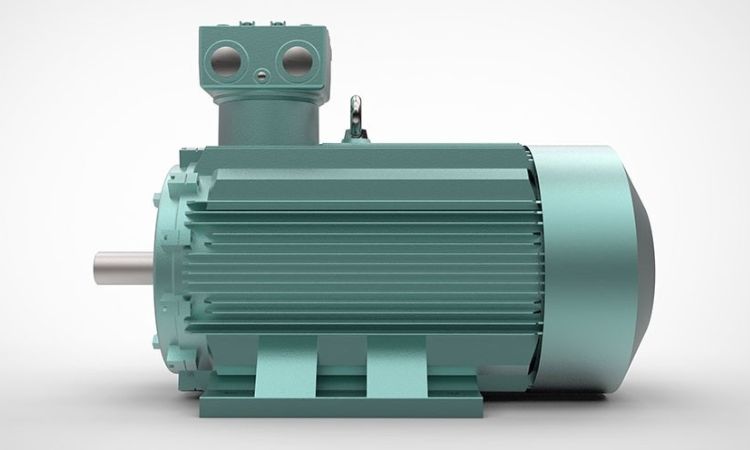
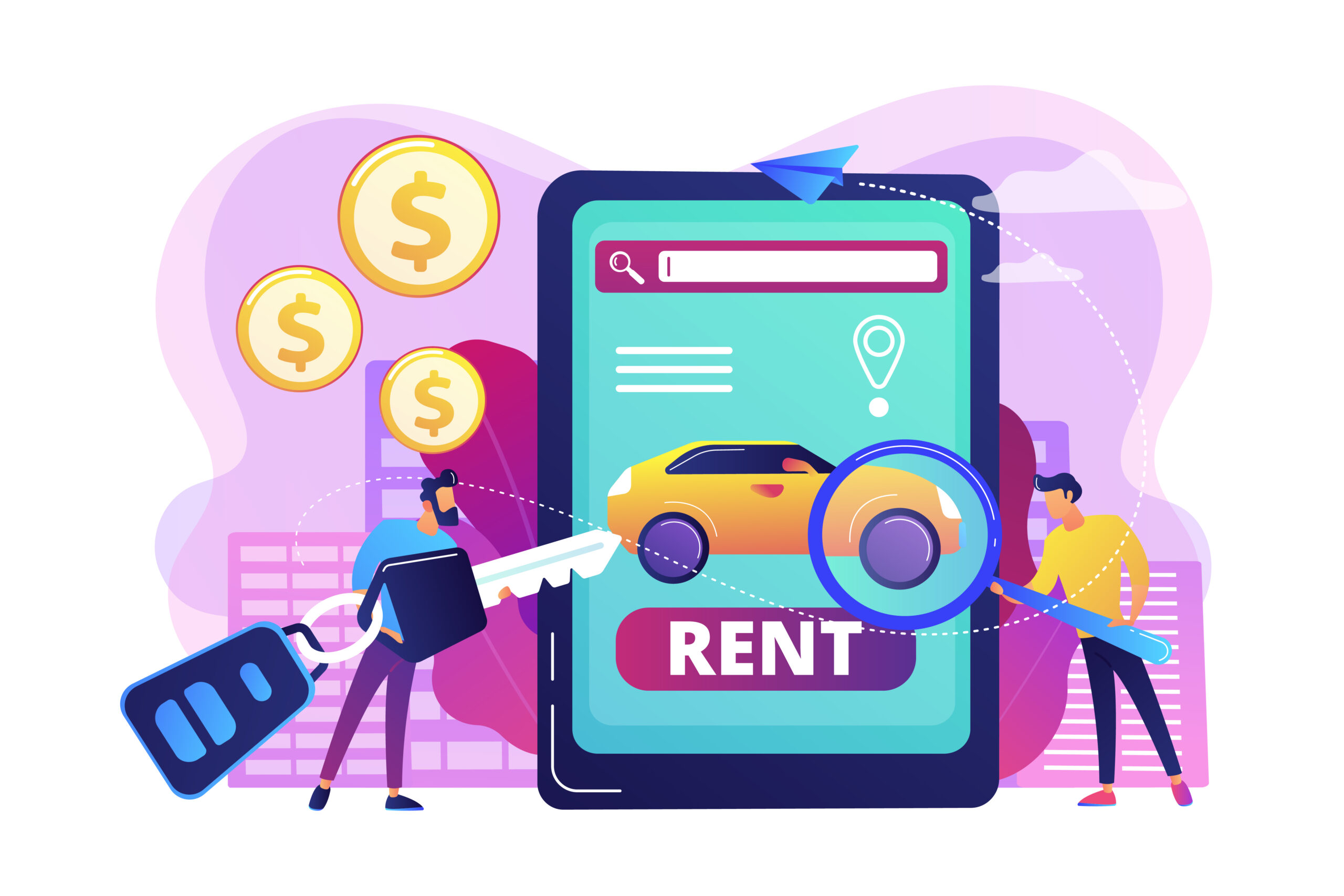

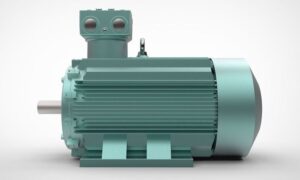
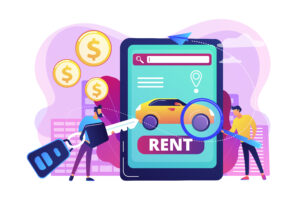



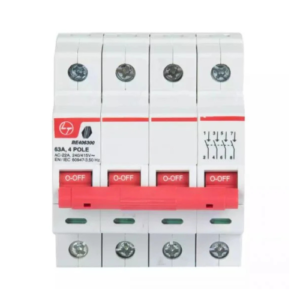


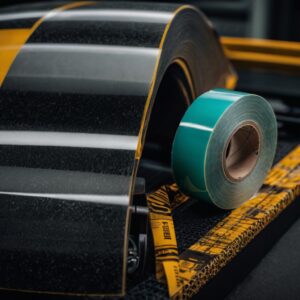

Post Comment